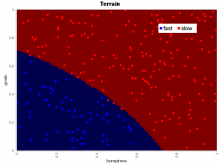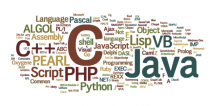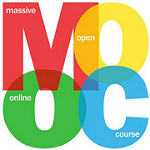Validating cross-platform results with Weka - a beginning
Having recently started work on the Udacity MiniProject #1 from the Intro to Machine Learning course, what again started as a simple verification that all the python code and libraries worked ended being an interesting dive into handling text data and validating results. The MiniProject uses a subset of the Enron email corpus to determine the email author id accuracy. (The Enron corpu






